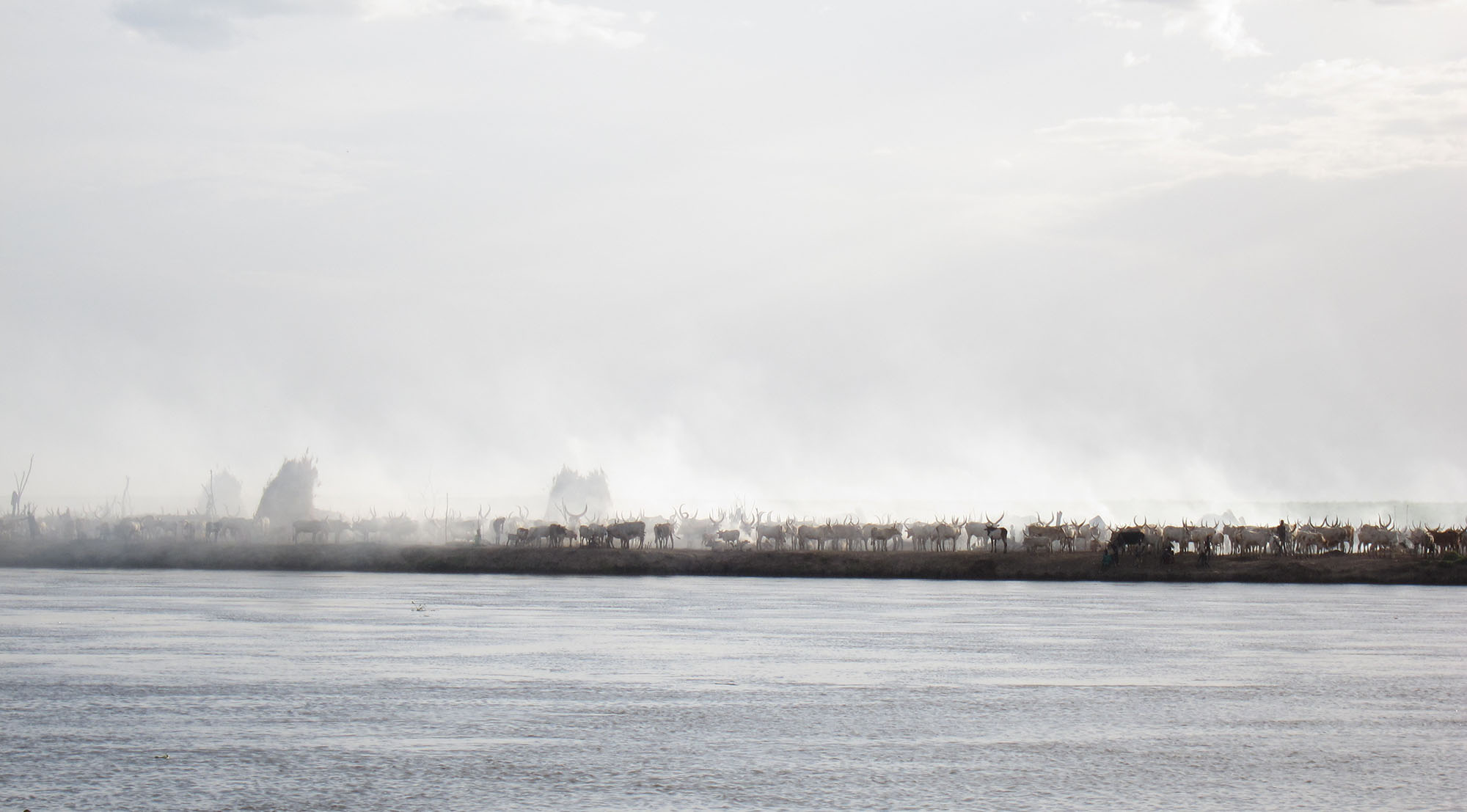South Sudan has a long history of international engagement in humanitarian aid, development, peacebuilding and statebuilding. Following the outbreak of renewed conflict in December 2013, a number of donor countries (Switzerland, Canada and the UK) decided that it was important not to continue with a “business as usual” approach. They resolved that their operations in South Sudan should be conducted in a conflict sensitive manner and, where feasible, contribute towards sustainable peace. A consortium of three expert organizations (Saferworld – consortium lead agency; CDA Collaborative Learning Projects; swisspeace) was contracted to set up and manage a “Conflict Sensitivity Resource Facility” (CSRF) to be based in Juba.
The Facility delivers on a range of services such as 1) the development of common guidelines and principles on conflict sensitive engagements in South Sudan; 2) ongoing research and analysis to advise donors and their implementing partners on conflict sensitivity issues and best practice; 3) capacity development and training; and 4) promoting a culture of ongoing learning and critical self-reflection on conflict sensitivity.
As part of its services to international donors and implementing partners in South Sudan, the CSRF has launched a Research Repository which is hosted by the South Sudan Peace Portal. The aim is to provide policy makers, program managers and implementers with greater contextual knowledge by offering a searchable repository of research, analysis, and other resources, as well as the option for signing up for receiving periodic updates on new research and analysis.


